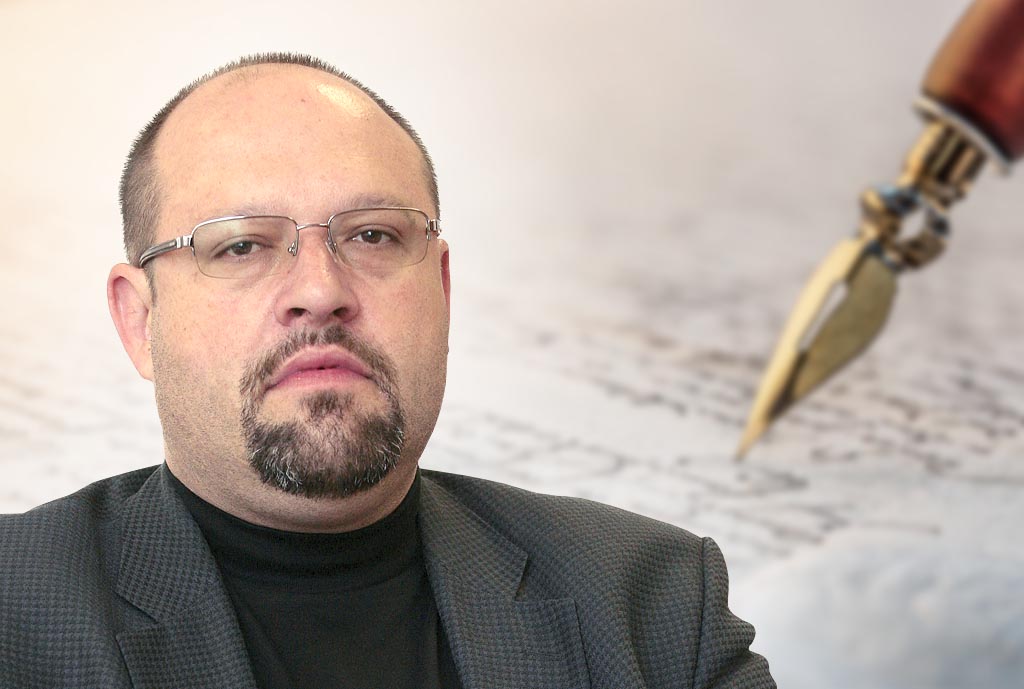By: Dr Matevž Tomšič
Sometimes, it takes a foreigner to tell the locals an unpleasant truth – to say what they do not want to hear, even though they might secretly be aware of it. In doing so, the foreigner forces them to stop pretending and to face reality.
This recently happened at the Munich Security Conference, where U.S. Vice President JD Vance “shocked” the gathered European political and diplomatic elite with his harsh remarks about the state of the continent – especially the actions of its political decision-makers. Vance stated that Europe’s greatest threats do not come from Russia, China, or any external force, but rather from within. He argued that Europe has misplaced political priorities, pursues harmful policies, and, most concerningly, is drifting away from some of its core values and principles. This is particularly evident in freedom of expression, where there are (barely) concealed efforts to restrict free speech under the guise of political correctness and combating disinformation. Vance also criticised the state of affairs in his own country, admitting that some of the worst ideological absurdities originated from across the Atlantic. However, he emphasised that there is now a “new broom sweeping clean” in America. And according to him, a censoring Europe that excludes those who do not follow the “correct” ideological line cannot be a true ally of Trump’s America.
The reaction from European politicians and mainstream media was a mix of surprise, offense, and outrage. Many questioned how this American “cowboy” dared to lecture them in their own house, insisting that such behaviour was inappropriate among allies. Indeed, Vance’s speech was far from diplomatic. However, sometimes it is beneficial to hear a blunt and direct message in international politics – without the usual empty rhetoric.
The most revealing illustration of the prevailing mindset came from the conference’s president, German diplomat Christoph Heusgen. He (literally) broke down in tears, upset that Vance had spoken so harshly about the European political establishment. He then insisted that Europe must demonstrate more strength – but how can it, with such feeble leadership? It is also worth noting that Heusgen was, for many years, Angela Merkel’s chief foreign and security policy advisor. As such, he is partially responsible for Europe’s current political failures.
Despite the uproar, Vance did not say anything particularly new in Munich – nothing that others have not pointed out before. Many have long warned about internal blockages that hinder Europe’s development, weaken its global position, and undermine the prosperity of its citizens. But it is entirely different when such words come from the second-most powerful figure in the world’s most influential country.
Of course, Vance’s speech can also be seen as ideologically motivated – and full of double standards. He criticises European politics for attempting to restrict freedom of expression, yet he does not say a word about the situation in Putin’s Russia, with which his administration is apparently willing to cooperate, despite the fact that systematic censorship and the suppression of public criticism of the regime are actively enforced there. Similarly, President Donald Trump accuses Ukrainian leader Volodymyr Zelenskyy of being a “dictator” for postponing elections (despite legitimate wartime reasons) but has no problem with Vladimir Putin, a true autocrat who persecutes the opposition, imprisons his critics (some of whom mysteriously die in custody), and “wins” sham elections. There is a real risk that Trump will strike dubious deals with Putin, potentially ending the war in Ukraine at Ukraine’s expense.
Nevertheless, Vance was right about one thing: Europe’s greatest weakness lies within itself. And it is up to Europe to stand on its own two feet. This means eliminating harmful policies and politicians that hold it back.

